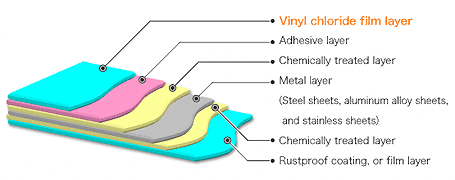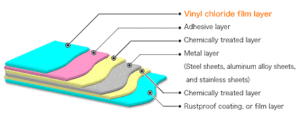
There are many types of waste streams that may not even be considered hazardous by some, yet it is important to treat them appropriately to avoid environmental harm.
Film Products Waste Streams
The resins used for polyethylene wrappers such as plastic wrapping for bread loaves, diapers, doggie pads, etc., make the recycling process a difficult one. Aside from this fact, the public sometimes commingles this with paper for recycling, and the chemicals used break the plastic resins into a nasty slurry.
However, now the technology has improved to make recycling a financially redeeming possibility.
Companies such as Proctor & Gamble, Nestle’s, and Dow Chemical, are looking at ways to separate variations on flexible film products (FFP). In a recent Vancouver, WA. test, a 500% increase in plastics recycling occurred when the public was properly directed in the FFP recycling. FFP (i.e. polyethylene, polypropylene, laminated film, and PET) can be placed into large “Plastics Recycle” bins if the bins are easily identified by the public, and the plastic is then recycled to create composite lumber related and durable products.
Contact the Experts
In the waste industry, there are many ways to treat various types of waste streams. Contact our team at MLI Environmental for more details.
